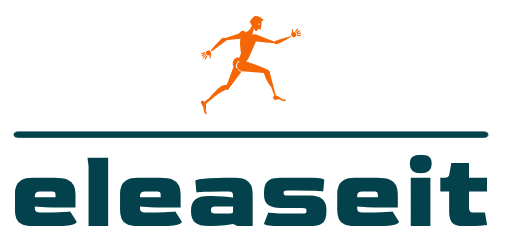
Holistic Equestrian Horse Care: A Guide to Well-Being
Equestrian Horse Care goes beyond the basics of feeding and grooming; it encompasses a holistic approach to ensure the well-being of these majestic animals. In this comprehensive guide, we explore the essential aspects of caring for horses, from nutrition to exercise, creating a foundation for a happy and healthy equine companion.
Nutrition: The Cornerstone of Health
Proper nutrition is fundamental to Equestrian Horse Care. Horses require a well-balanced diet consisting of quality forage, grains, and supplements to meet their nutritional needs. Regular monitoring and adjustments to their diet based on factors such as age, activity level, and overall health are crucial for maintaining optimal well-being.
Grooming and Hygiene: A Bonding Ritual
Regular grooming sessions are more than just a means to maintain a horse’s physical appearance. Grooming fosters a strong bond between the horse and its caregiver while also allowing for the early detection of any skin issues, injuries, or abnormalities. Brushing, bathing, and hoof care are integral parts of Equestrian Horse Care routines.
Stable Management: Creating a Comfortable Environment
Stable management is a key component of ensuring the comfort and health of horses. Clean and well-ventilated stables, proper bedding, and regular stall cleaning contribute to a stress-free living environment. Adequate turnout time in pastures or paddocks allows horses to engage in natural behaviors, promoting both physical and mental well-being.
Regular Veterinary Care: Preventive Measures
Routine veterinary check-ups and vaccinations are vital for Equestrian Horse Care. Regular examinations help identify and address any health issues promptly. Preventive measures such as vaccinations, deworming, and dental care are essential to safeguarding the long-term health of horses.
Exercise and Mental Stimulation: Keeping Them Active
Incorporating regular exercise into a horse’s routine is crucial for physical fitness and mental well-being. Riding, lunging, and turnout sessions provide opportunities for horses to move freely, promoting muscle development and overall cardiovascular health. Mental stimulation through varied activities prevents boredom and behavioral issues.
Monitoring Hoof Health: Foundation of Mobility
Hoof care is foundational to Equestrian Horse Care, as healthy hooves are essential for a horse’s mobility and well-being. Regular farrier visits to trim and shoe hooves, coupled with daily inspections for signs of lameness or abnormalities, contribute to overall hoof health.
Social Interaction: Recognizing Their Social Nature
Horses are social animals, and acknowledging their need for companionship is integral to Equestrian Horse Care. Whenever possible, providing horses with the company of other equines fosters a sense of security and contentment, positively impacting their mental and emotional state.
Tailoring Care to Individual Needs: Personalized Approach
Every horse is unique, and Equestrian Horse Care should be tailored to individual needs. Understanding the specific requirements, preferences, and health considerations of each horse allows caregivers to provide personalized care, ensuring that the equine companion thrives in its environment.
Holistic Approaches: Integrating Alternative Therapies
Holistic approaches, including alternative therapies such as acupuncture, chiropractic care, and massage, can complement traditional Equestrian Horse Care practices. These therapies promote overall wellness, address specific issues, and contribute to a more comprehensive and balanced care regimen.
Equestrian Horse Care for a Lifetime: Conclusion
In conclusion, Equestrian Horse Care is a multifaceted commitment to the well-being of these magnificent animals. By embracing a holistic approach that encompasses nutrition, grooming, exercise, and personalized attention, caregivers can ensure that their equine companions lead happy, healthy lives. To explore more insights on Equestrian Horse Care, visit Eleaseit.com.





